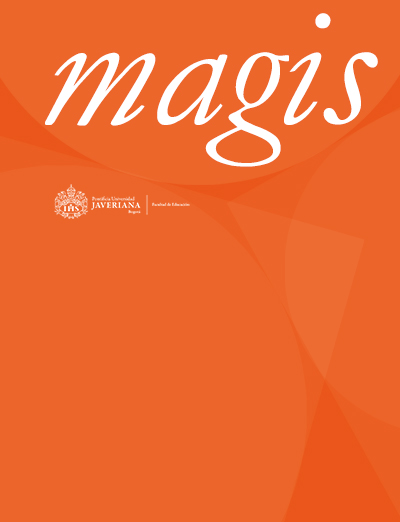Resumo
Ante el aumento sistemático de extranjeros en escuelas públicas chilenas y del cambio en los flujos migratorios, la administración educativa ha elaborado diversas políticas orientadas a gestionar la escolarización de minorías extranjeras, donde las Orientaciones para la inclusión de estudiantes extranjeros (2017) y la Política Nacional de Estudiantes Extranjeros (2018) corresponden a las más de mayor alcance. Teniendo Chile un sistema educativo de neoliberalismo avanzado pero con una reciente puesta en marcha de una Ley de Inclusión, el trabajo de las escuelas se ha venido desarrollando en un clima de confusiones e incluso contradicciones que las propias comunidades han debido resolver.
Mediante una etnografía desarrollada entre 2015 y 2019 con 7 escuelas públicas, mediante entrevistas individuales y grupales, grupos focales, shadowings, participación observante y análisis documentales, se exploran las formas en que escuelas han puesto en funcionamiento, interpretado y valorado dichas políticas educativas.
Los análisis-resultados evidencian que:
- Las políticas educativas no logran constituirse en apoyos significativos para orquestar la escolarización de extranjeros.
- Las políticas educativas no responden a un diseño Top-Down, sino a la recolección de buenas prácticas escolares que posteriormente son traducidas como orientaciones generales.
- Las escuelas realizan un trabajo autodidacta sin evidencia empírica que respalde la toma de decisiones.
- La falta de apoyos gubernamentales sumado a los mecanismos de rendición, crea un escenario de abandono-tutelado que genera tensiones entre el control y la propia autonomía, entre la fiscalización y la agencia inter-profesional de la escuela.
- Una lógica Bottom-Up de las políticas, un telón de fondo de neoliberalismo avanzado, la ausencia de asesoramientos pero sí de fiscalización, configuran un escenario que lleva a las escuelas a escoger estrategias y dispositivos de acogida que enfrenten de mejor manera los procesos de rendición de cuentas y no necesariamente los más significativos.
Las discusiones en torno a la experiencia chilena se organizan en dos niveles. El primero corresponde a transformaciones necesarias de intencionar de modo que tanto las políticas educativas como las leyes estén en sintonía con los fundamentos del sistema educativo. Esto permitiría que la experiencia escolar transite hacia formas más coherentes y organizadas de gestionar la diversidad cultural. El segundo nivel, da cuenta de transformaciones necesarias de intencionar en la investigación educativa, de manera que ésta pueda transitar desde una función descriptiva de las problemáticas de estudio, a una función resolutivo-formativa de dichas problemáticas.

Este trabalho está licenciado sob uma licença Creative Commons Attribution 4.0 International License.
Copyright (c) 2022 Felipe Andrés Jiménez-Vargas


